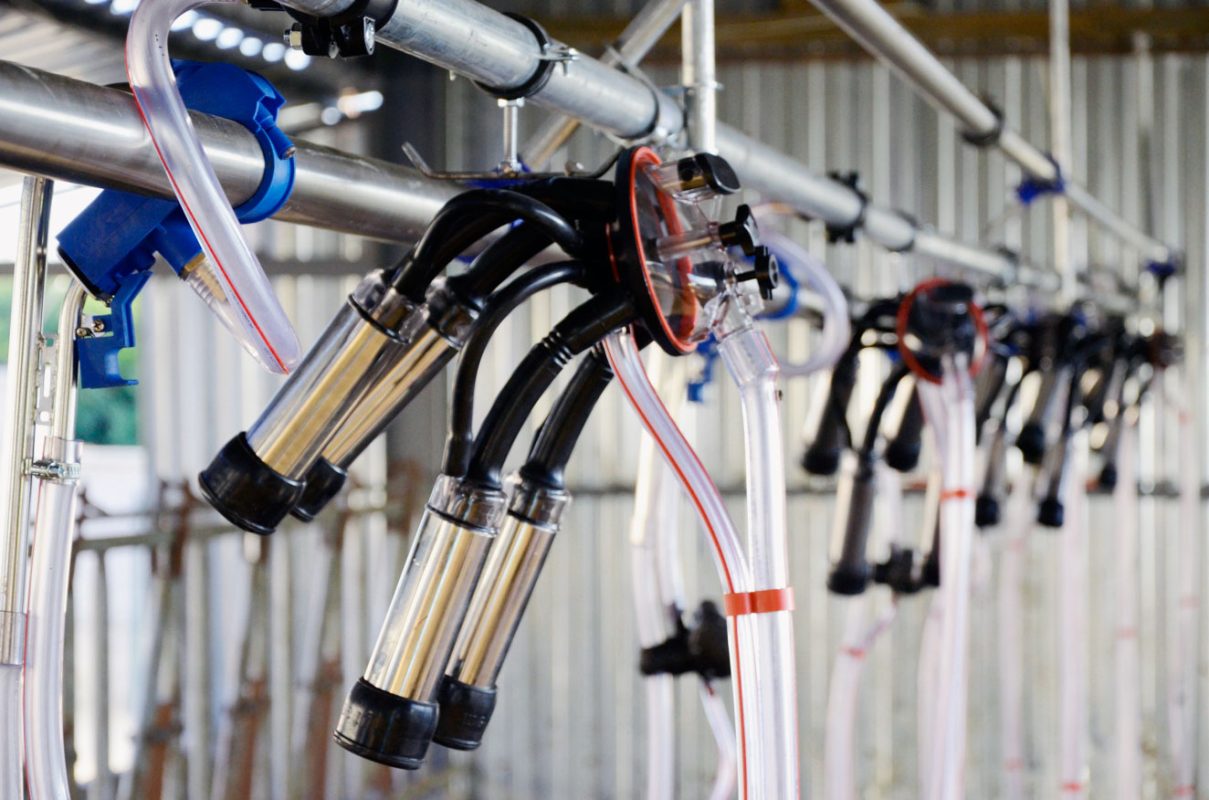In modern agriculture, where every aspect of production is scrutinized to improve efficiency, optimizing milk lines is becoming a key factor in ensuring consistent, high-quality milk production on farms.
With the advent of new technologies in agriculture, we are seeing a revolution in dairy pipeline management, resulting in improved animal conditions, increased productivity and reduced costs.
Integration of intelligent control systems
Modern milk lines are increasingly equipped with intelligent control systems that allow farmers to monitor and control processes throughout the entire production cycle.
Using sensors to monitor animal health, behavior, and environmental parameters, problems can be identified early and disease prevented, reducing risks and increasing productivity.
Automation and robotization of processes
Automation in the dairy industry is becoming increasingly important. Robotic milking systems, automatic feeders and cleaning systems provide more efficient use of time and resources. Farmers can focus on strategic tasks while technology takes care of routine and labor-intensive operations.
Digital farm management platform
The creation of digital platforms for farm management allows large volumes of data to be collected, analyzed and used. This includes monitoring herd health, managing rations, predicting heat periods and determining optimal housing conditions. Digital integration enables more accurate and transparent farm management.
Energy efficiency and sustainability
Optimized milk pipelines also aim to reduce energy costs and implement sustainable practices. This includes using energy-saving technologies such as solar panels and implementing waste treatment systems to reduce environmental impact.
Optimization through modern technology is becoming an important tool to improve farm efficiency and ensure sustainable and profitable milk production. The introduction of these innovations not only improves animal welfare, but also increases savings and reduces negative environmental impacts.

